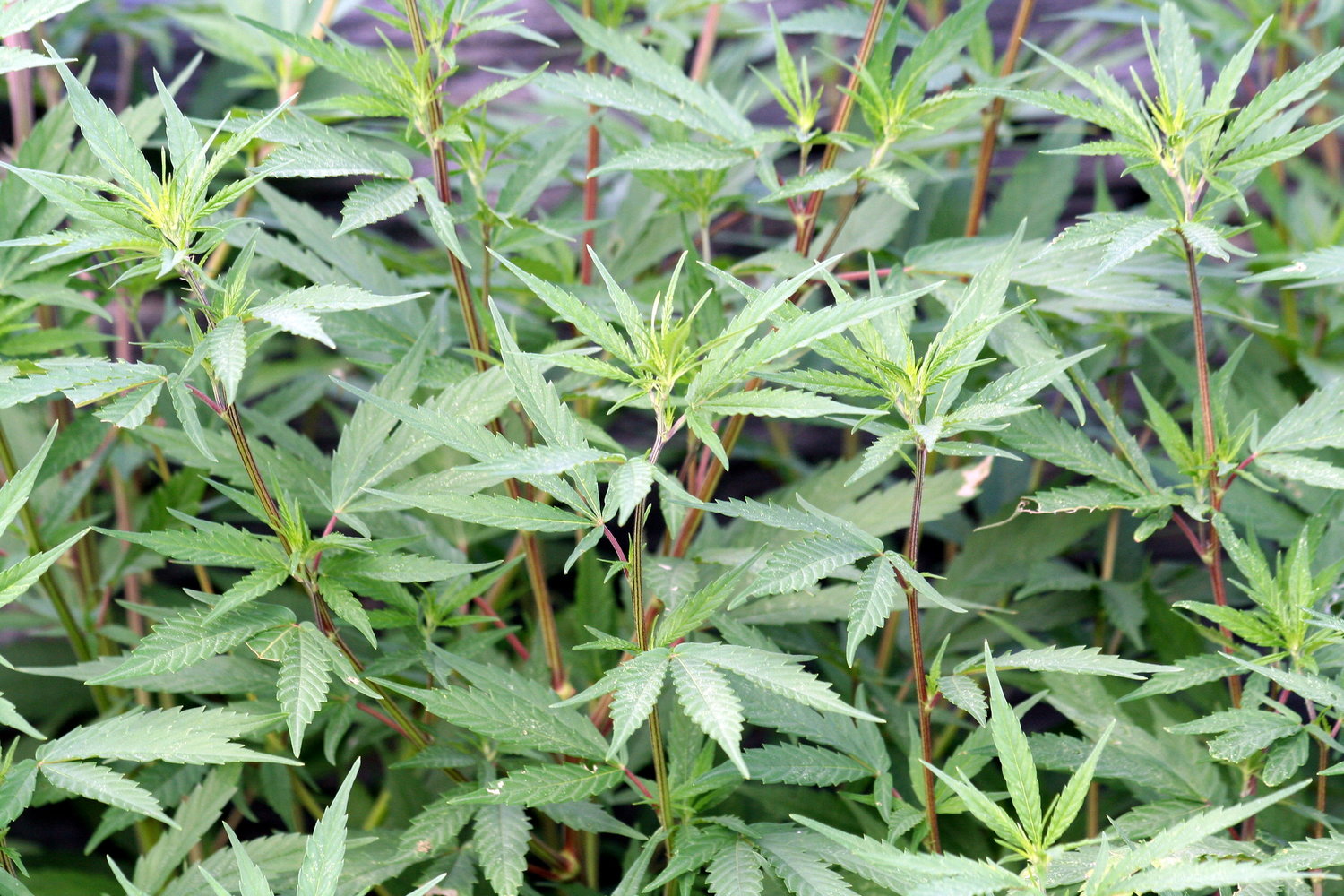Malverne, West Hempstead residents react to state legalization of recreational marijuana
On March 31, New York state legalized recreational marijuana use — an effort years in the making — while setting regulations for a new industry and its taxation.
Spanning 128 pages, the Marihuana Regulation and Taxation Act addresses everything from enforcement and criminal justice reform to how taxes will be levied against marijuana producers and retailers and how those dollars can be spent.
Malverne and West Hempstead residents reacted positively to news of the bill’s passage, expressing hopes that the additional tax dollars generated from the industry would be put to good use.
“At least now the enormous amount of money I give to the Commonwealth of Massachusetts in ‘marijuana tax’ will eventually be going to New York state, so win-win,” said West Hempstead resident Victoria Sharvin, a Massachusetts native.
Joe Cammarata, of West Hempstead, told the Herald in a previous story that public use in certain places, such as designated smoking areas and cafes, should be permissible, and that he believed personal consumption on private property should be lawful. He said, however, that driving-while-impaired laws should be enforced.
Malvernite Patrice Watts Ward expressed a few public-safety concerns. “Only thing that makes me nervous about this is the fact that very often lately while I am driving, particularly on the [Southern State Parkway], the odor of pot comes wafting into my car from the driver in front of me, and I’ve even seen the driver next to me smoking,” Watts said. “Laws must be strict and enforced.”
State Assemblywoman Judy Griffin, a Democrat who represents Malverne and West Hempstead, voted against the bill, saying she was worried that this legislation does not cover enough concerns, and specifically about those driving under the influence of marijuana.
“While the intent of this measure is to help combat inequality and put New York on par with other neighboring states who have legalized,” Griffin said in a statement, “this law does not adequately protect our citizens.”
Griffin said she was also concerned about the fact that the bill does not regulate levels of THC, the main psychoactive chemical in marijuana.
“While the bill does authorize a study for the development of a roadside test for marijuana similar to a breathalyzer, no such test currently exists,” Griffin said. “We currently do not have the enforcement mechanisms necessary to prevent New Yorkers from driving under the influence of this drug.”
Griffin added that many of the parents, teachers, PTA leaders and school district administrators in her district have advocated against this legislation, citing the long-term effects of marijuana use on children’s academic, social and behavioral outcomes.
Local governments would be eligible for 4 percent of cannabis tax revenue, and while counties would be barred from opting out of marijuana sale and use in their jurisdictions, towns and villages could, with a provision that residents could hold a referendum to override a village or town officials’ decision.
Peter Belfiore contributed to this story.






